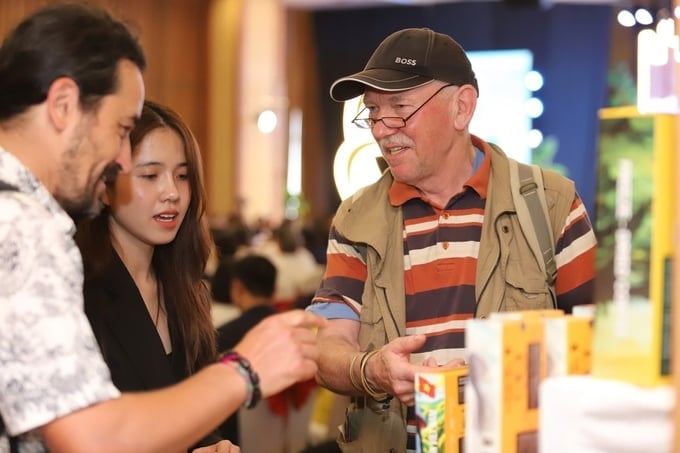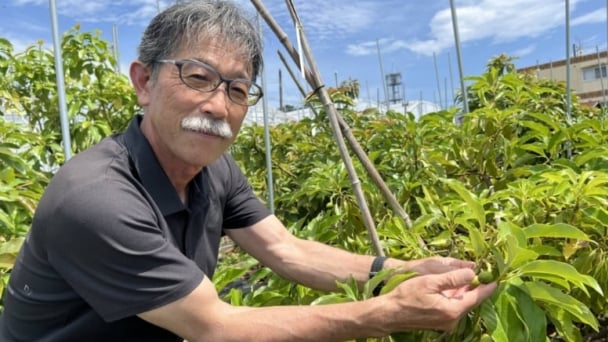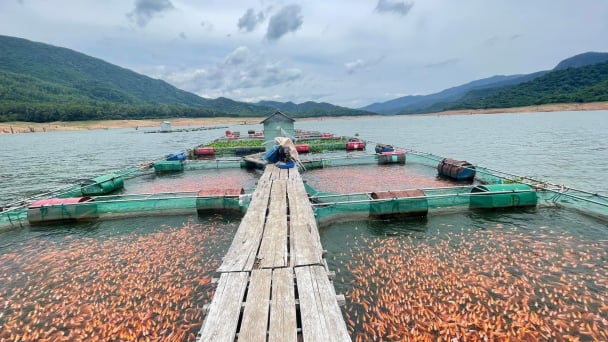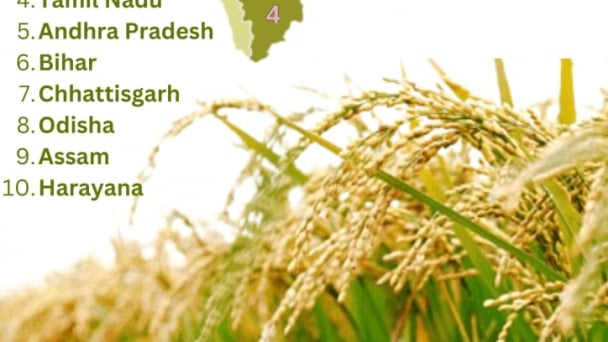June 26, 2025 | 03:07 GMT +7
June 26, 2025 | 03:07 GMT +7
Hotline: 0913.378.918
June 26, 2025 | 03:07 GMT +7
Hotline: 0913.378.918
Dak Lak Province's People's Committee, in partnership with the Ministry of Industry and Trade, Ministry of Agriculture and Environment, and Vietnam Coffee – Cacoa Association (Vicofa) convene the International Trade Conference "Connecting and Elevating Vietnamese Coffee" in Buon Ma Thuot City on March 11.
The International Trade Conference "Connecting and Elevating Vietnamese Coffee" aims to further establish and reaffirm the role and position of the coffee industry, while also pursuing opportunities and solutions to increase the value of Vietnamese coffee, according to Nguyen Tuan Ha, Permanent Deputy Chairman of the Dak Lak Provincial People's Committee. The conference also functions as a conduit to connect coffee enthusiasts—those who are dedicated to coffee, work with coffee, and are passionate about coffee—bringing them closer together.
Dak Lak province exported 1.425 million tons of coffee from 2020 to 2024, which corresponds to 18.1% of the national total, according to Mr. Ha. The export turnover achieved approximately USD 3.369 billion, which accounts for 17% of the country's total. Nevertheless, the province's annual direct coffee exports are still low in comparison to its production output, as a result of the absence of significant export enterprises and major distributors. Small and medium-sized enterprises comprise the majority of exporters. However, the development of basic material regions has encountered numerous challenges and has not received the necessary attention.

Coffee and cocoa products displayed on the sidelines of the International Trade Conference - Connecting and Elevating Vietnamese Coffee. Photo: Tran Tho.
Mr. Nguyen Quoc Manh, Deputy Director of the Department of Crop Production and Plant Protection (Ministry of Agriculture and Environment), stated that the EU Deforestation Regulation (EUDR) mandates that coffee and rubber-related products be produced in compliance with the legal regulations of the producing country. Neither their cultivation nor their production should result in deforestation or forest degradation beyond December 31, 2020.
Furthermore, suppliers and importers of rubber and coffee products are accountable for the provision of comprehensive information and the guarantee of traceability for the products they supply or import into the European Union (EU) market. According to Article 33 of the EUDR, the "foundational information system" must incorporate information regarding product cultivation areas.
The Ministry of Agriculture and Environment has devised an action plan to facilitate the adaptation to the EUDR, as per Mr. Nguyen Quoc Manh. Development of communication materials on the EUDR, organization of dissemination activities in a variety of formats for management agencies at all levels and stakeholders in the industry's value chains, conducting in-depth technical meetings to clarify and explain the EUDR regulations to relevant actors, and the establishment of a code of conduct to address cases of deforestation and forest degradation for agricultural production in a humane manner are among the planned initiatives for 2025.
In addition to the European Union, Japan and South Korea are also enforcing stringent pesticide residue regulations. Mr. Thai Anh Tuan, the General Director of Simexco Dak Lak, acknowledged that the coffee industry in Vietnam faces a challenge in meeting traceability and quality requirements. However, he also saw it as an opportunity to improve the value of the product and transition to sustainable production.
Many export enterprises are taking steps to explore new directions in response to the risks posed by the EU market. The Middle East, South Asia, and North America are emerging as potential markets, which is contributing to the reduction of dependence on Europe. Furthermore, there is a growing demand for specialty and organic coffee, as consumer preferences are evolving.

Foreign delegates discuss with Vietnamese businesses about the origin of coffee products. Photo: Pham Hoai.
Vietnam intends to increase its specialty coffee cultivation area to 11,000 hectares by 2030, with an annual production goal of 15,000 tons. Additionally, the coffee industry is emphasizing the development of sophisticated processing methods, such as premium instant coffee, coffee capsules, and ready-to-drink (RTD) products, in order to enhance its export value.
The domestic market is also a bright spot, with an annual consumption that is consistently increasing at a rate of 2-3% per year, with a range of 270,000 to 300,000 tons. This presents a substantial opportunity to create processed coffee products that will satisfy domestic demand.
The Ministry of Agriculture and Rural Development (now the Ministry of Agriculture and Environment) has implemented a database system for coffee-growing regions in order to assist enterprises in adhering to EUDR requirements. This system, which was developed in partnership with the IDH organization, was finalized by December 2024 to aid businesses in the verification of product origin and traceability. Nevertheless, Vietnamese coffee industry necessitates a long-term strategy that emphasizes sustainable development and quality enhancement in order to fully capitalize on opportunities and mitigate risks.
The coffee sector must prioritize brand building, quality development, and compliance with international standards in order to increase its competitiveness. Increasing the value of exports necessitates investing in sophisticated processing and the development of high-value-added products.
Translated by Linh Linh

(VAN) Flooding in NE Arkansas may shift the rice outlook downward.

(VAN) Tsutomu Uchida, 64, wipes the sweat from his face as he walks through a farming plot filled with avocado trees in a port district of Shizuoka.

(VAN) At the request of partners, the agriculture and environment sector of Binh Dinh is determined to develop a red tilapia farming linkage chain in Dinh Binh reservoir that meets export standards.

(VAN) Last week, the U.S. Department of Agriculture (USDA) released its June World Agricultural Supply and Demand Estimates (WASDE), raising projections for both Indian rice production and U.S. rice imports for the 2025/2026 marketing year.
/2025/06/17/2344-1-131758_261.jpg)
(VAN) Amid tariff risks and growing trade barriers in the U.S. market, Australia is emerging as a promising destination to sustain the growth momentum of Vietnam's shrimp exports.
/2025/06/17/2013-1-nongnghiep-112009.jpg)
(VAN) This notable growth trend reflects the global taste for fresh, nutritious fruits and the expanding use of lychees across various sectors.

(VAN) The political and cultural insulation of Japan’s beloved grain is falling apart, and experts warn the country’s relationship with the staple will have to adapt.